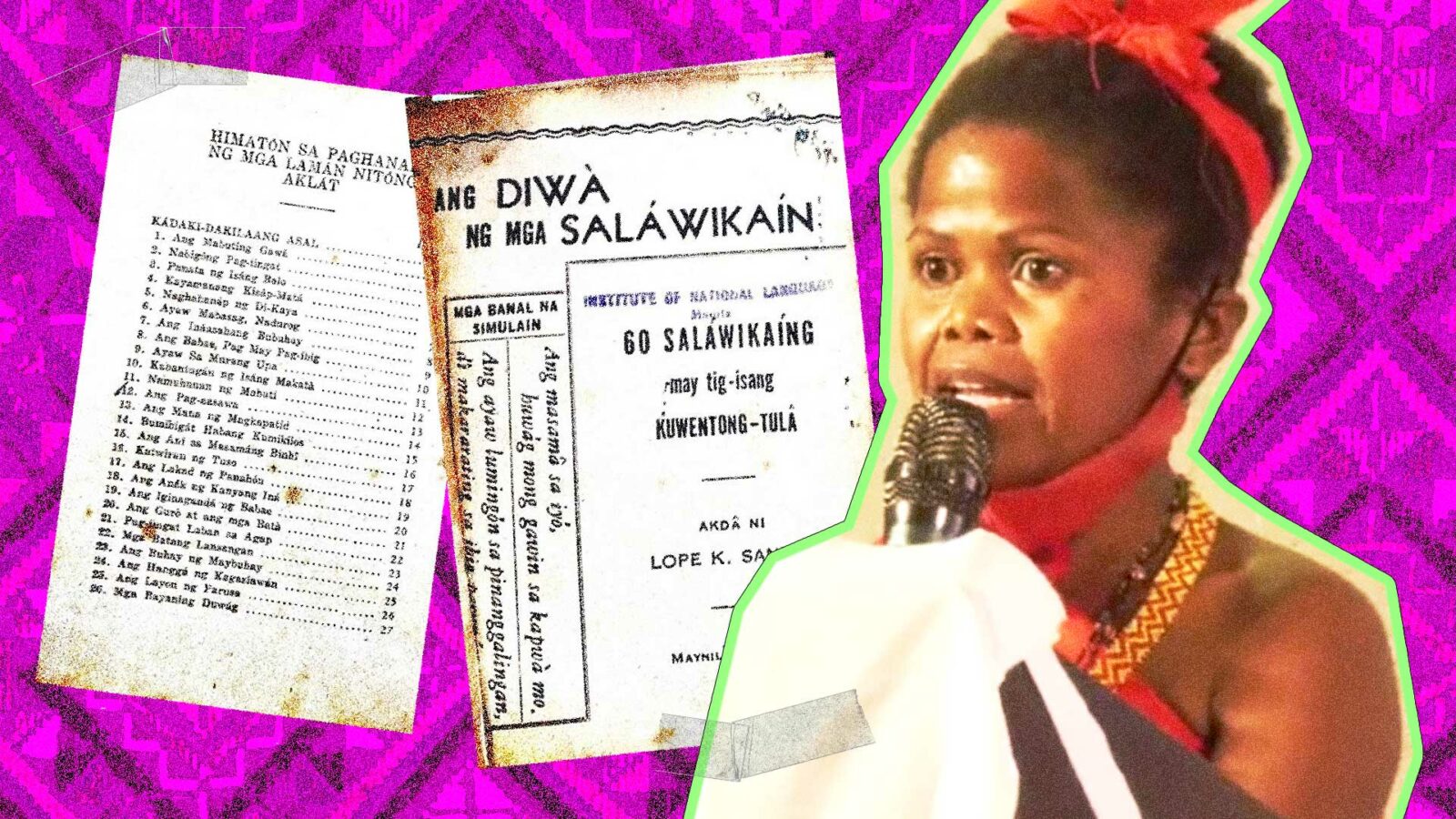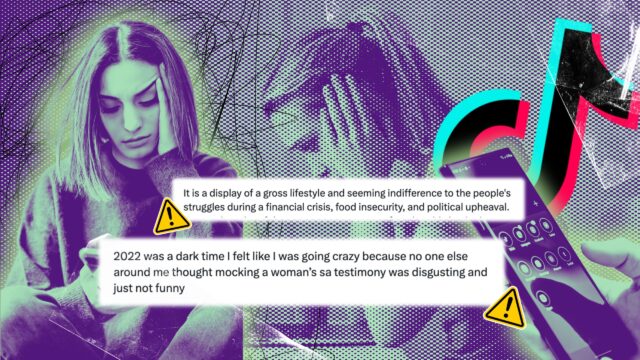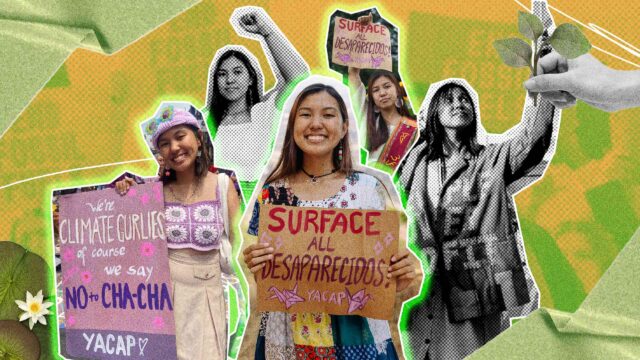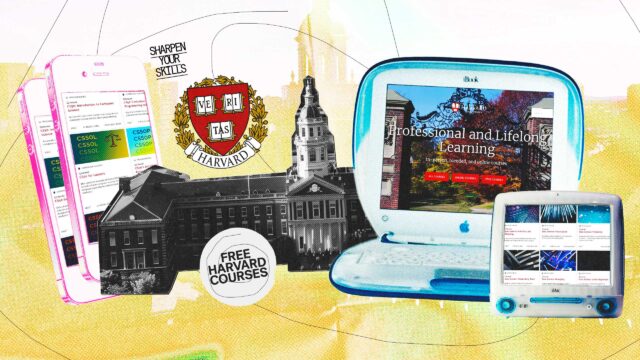The Komisyon sa Wikang Filipino (KWF) and the Tebtebba Foundation offer a rich array of events aimed at revitalizing the Filipino indigenous languages.
According to the United Nations Permanent Forum on Indigenous Issues, 40 percent of the estimated 6700 spoken languages in the world are facing the threat of extinction—majority of which are indigenous languages. And when statistics show that indigenous peoples account for less than six percent of the total population but 15 percent of the world’s poorest communities, then you see the evident vulnerability of these languages and how it is in dire need of protection. This is why the Komisyon Sa Wikang Filipino (KWF) and organizations like Tebtebba hold conferences this month, which seek to celebrate, champion, and safeguard Filipino indigenous languages.
Related: This Filipino High School Is Named “World’s Best School”
LEAVE NO ONE BEHIND
One of the most important outcomes from the International Year of Indigenous Languages (IYIL) in 2019 was the United Nation General Assembly’s (UNGA) adoption of a resolution declaring the period of 2022-2032 as the International Decade of Indigenous Languages (IDIL2022-2032). Its primary goal is to help promote and protect the endangered indigenous languages and improve the lives of its speakers who are oftentimes politically and socially isolated and marginalized.
“Indigenous peoples are not only leaders in protecting the environment,” explains the IDIL’s rationale. “But their languages represent complex systems of knowledge and communication, and should be recognized as a strategic national resource for sustainable development, peacebuilding and reconciliation.”
The organization that will spearhead this initiative is the United Nations Educational, Scientific and Cultural Organization (UNESCO) which is tasked with, among other things, setting up a Global Action Plan that highlights the importance of linguistic diversity and multilingualism and caters to the critical needs of indigenous languages around the world. For the next decade, UNESCO will be committed to “leave no one behind,” as part of the UN’s 2030 Agenda for Sustainable Development, ensuring that the indigenous peoples’ voices and priorities are heard.
“Indigenous languages add to the rich tapestry of global cultural diversity,” the rationale continues. “Without them, the world would be a poorer place.”
KOMISYON SA WIKANG FILIPINO

As per the Komisyon sa Wikang Filipino (KWF), the official body focusing on the preservation and promotion of Filipino languages, out of 130 languages that are spoken in the archipelago, 40 face the risk of extinction. Therefore, as a commitment to the aforementioned initiative and in celebration of National Indigenous People’s Month this October, the KWF launches this year’s Pambansang Kongreso sa Nanganganib sa Wika, a large-scale gathering of language scholars, researchers, teachers, community members, and advocates which aims to put the spotlight on the preservation and revitalization of endangered Filipino indigenous languages.
The three-day conference also intends to showcase “best practices in research and program development for language revitalization, discuss issues affecting the vitality of languages, and to encourage indigenous peoples and communities to document and conduct research on their own language.”
Included in the event’s discussions are the outcome of the implementation of KWF’s Bahay-Wika initiative and the Master-Apprentice Language Learning Program (MALLP). Started in 2017, Bahay-Wika aims to give young children (aged two to four years old) intensive exposure to an indigenous language through immersive interactions with a language bearer, who are oftentimes the indigenous group’s elders. The goal of MALLP, on the other hand, is to give the same language immersion experience through one-on-one sessions between a language master and an adult apprentice.
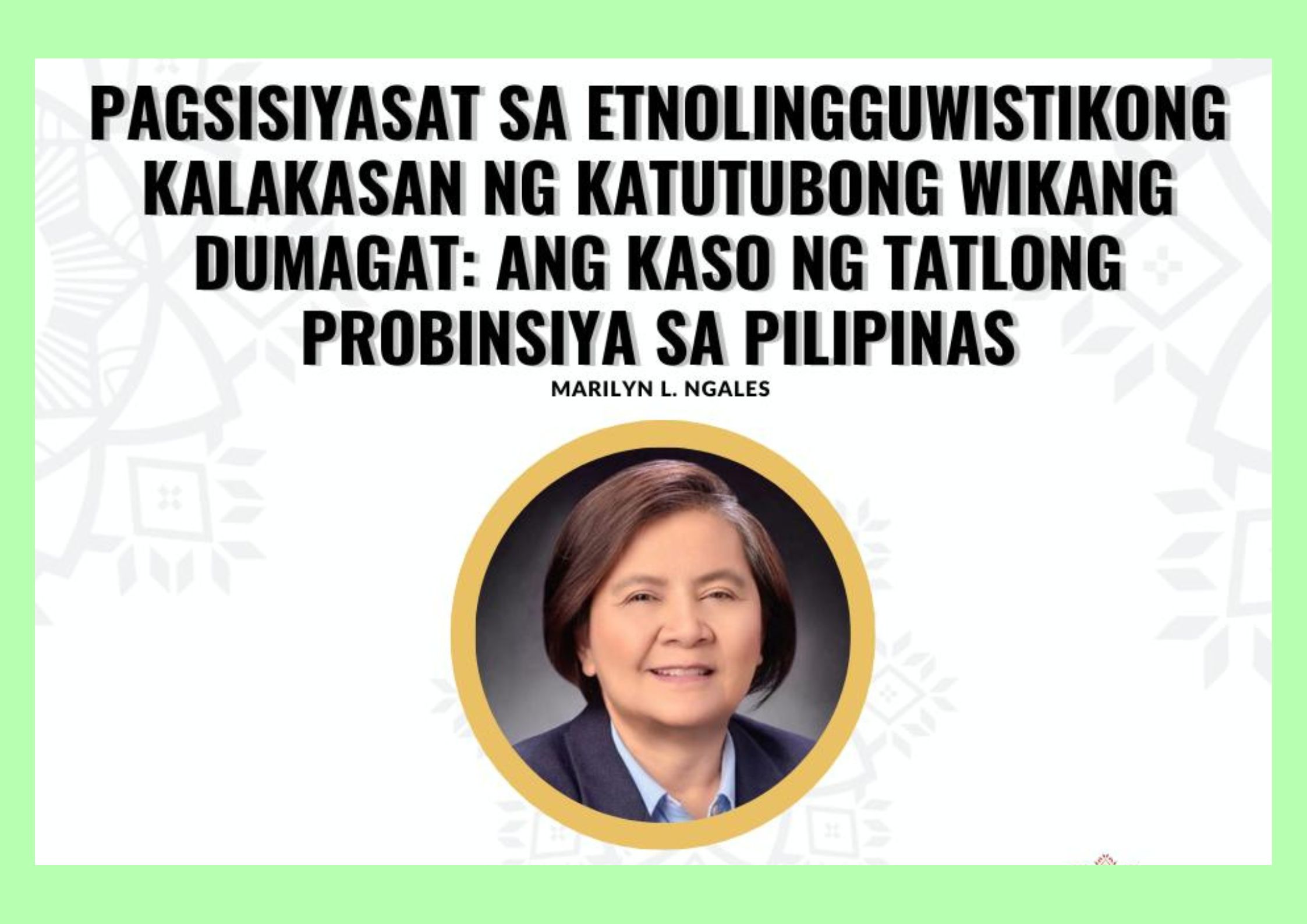
Other research works that will also be presented in the event include an analysis of the strengths of the indigenous Dumagat language, a study on the Blaan tribe’s musical tradition, a discussion of the importance of language documentation for endangered languages, and a discourse on a resolution which plans to launch an online repository of Filipino languages.
The international conference runs until October 26 (Wednesday) and is held at the National Museum of the Philippines. The registration for the events has already ended, but don’t fret, because you can still watch and listen to the relevant and insightful studies about the Filipino linguistic diversity through the KWF Facebook page.
PHILIPPINE CONFERENCE ON INDIGENOUS LANGUAGES
Established in 1996, Indigenous Peoples’ International Centre for Policy Research and Education, also known as the Tebtebba Foundation, is a Baguio-based organization that seeks to promote “widely indigenous peoples world views, their perspectives on key issues such as individual and collective human rights, sustainable development, climate change, [and] biodiversity” among other causes.
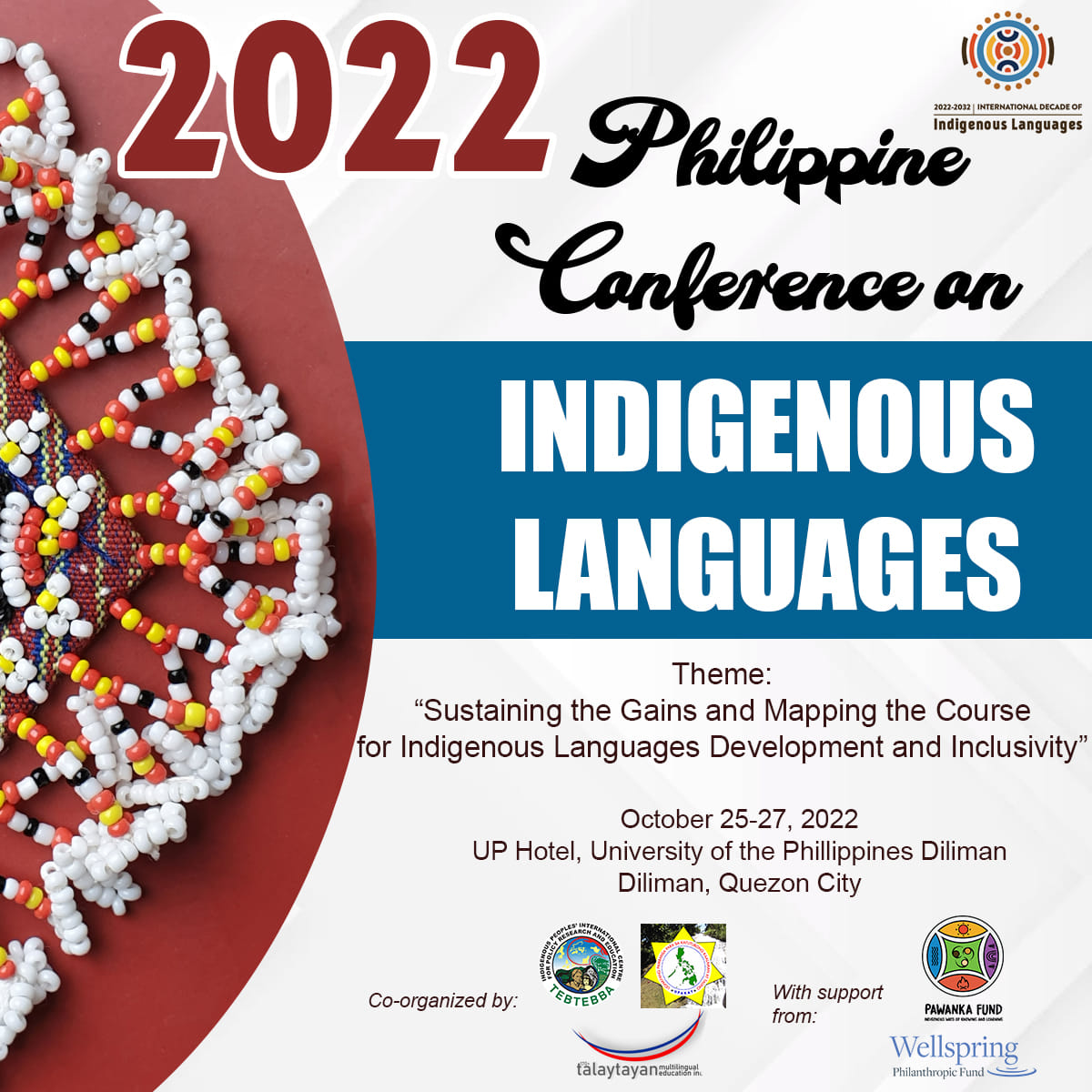
Tebtebba comes from a word used by the Kankana-ey Igorot of Northern Philippines, which means to collectively discuss and present views with the aims of “reaching agreements, common positions, and concerted actions.”
This year, as part of expressing solidarity with the IDIL’s call to action, Tebtebba will launch the 2022 Philippine Conference on Indigenous Languages with the theme: “Sustaining The Gains And Mapping The Course For Indigenous Languages Development And Inclusivity.” The conference aims to raise awareness regarding the objectives of the IDIL, exchange information about the current state of Filipino indigenous languages, and create short- and long-term concrete plans that echo the IDIL’s global plan.

The conference offers its participants a rich array of panel discussions that range from tackling the current plans of Philippine cultural agencies on indigenous people’s education and heritage preservation to the impact of multilingual education on indigenous communities and learners.
Co-organized by Ugnayang Pambansa para sa Katutubong Kaalaman at Talino (UPAKKAT) and the non-profit 170+ TALAYTAYAN MLE INC, which promotes Mother Tongue Based Multilingual Education (MTBMLE), the conference will run from October 25-27 at the University of the Philippines Diliman’s University Hotel. Head on to Tebtebba’s page for more information about the event.
Continue Reading: Here’s How To Make ‘you’ A Priority On World Mental Health Day
